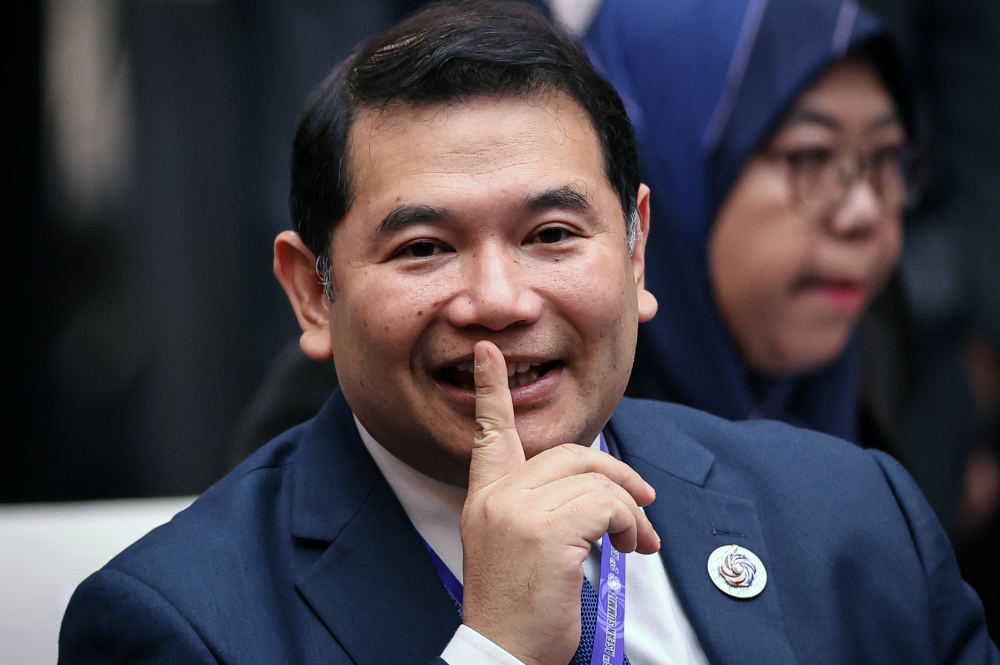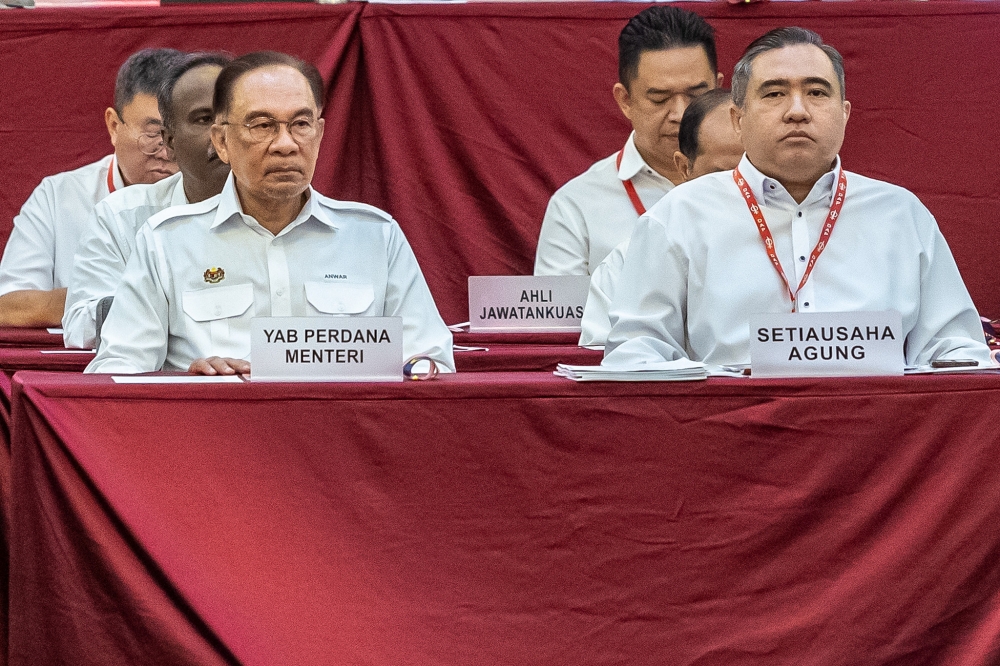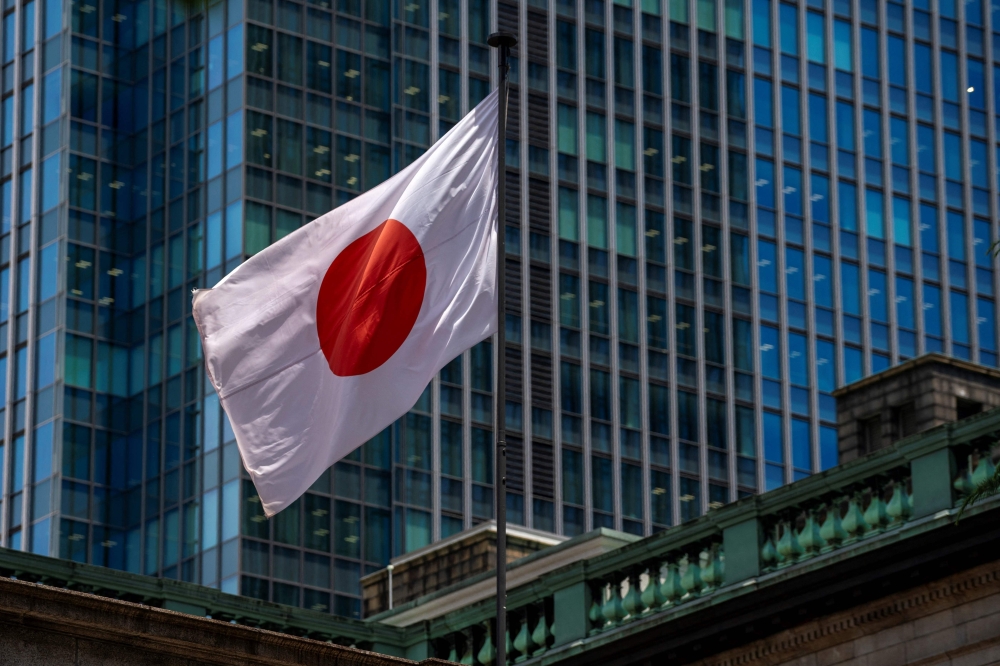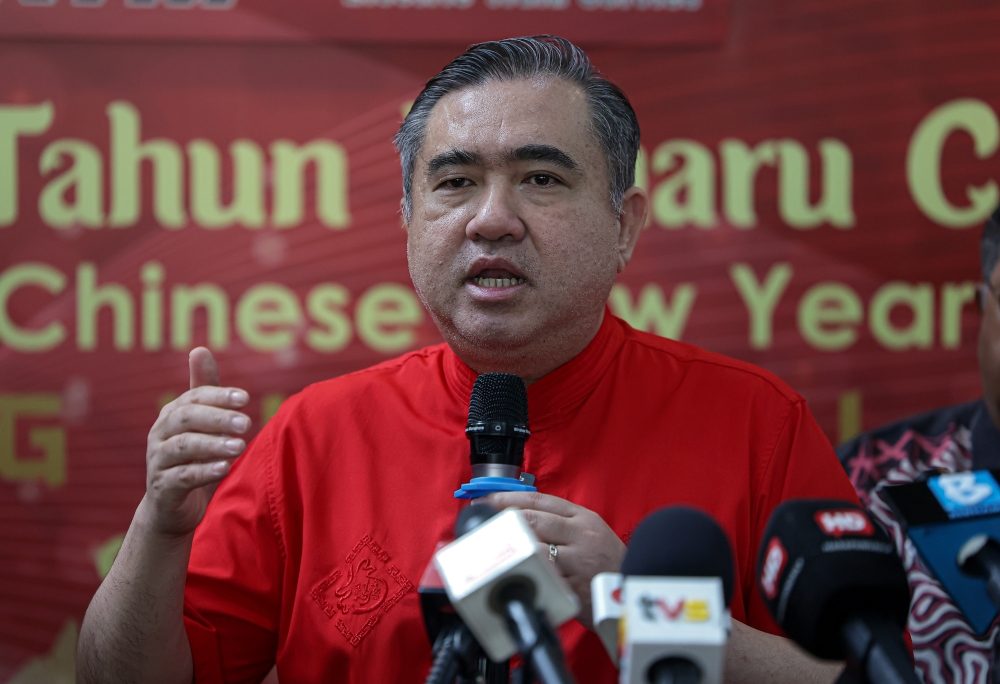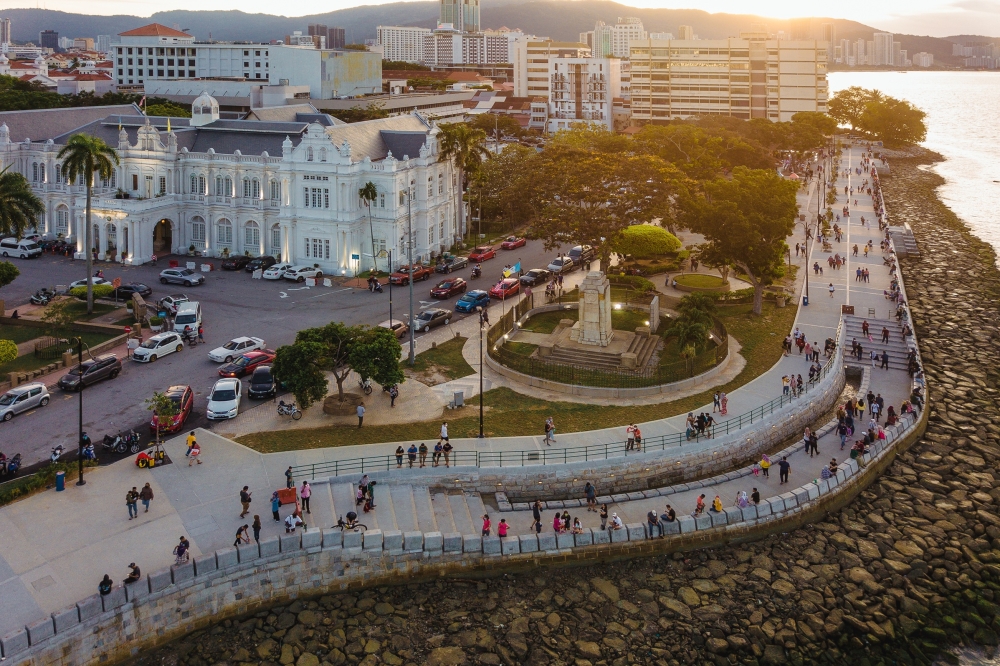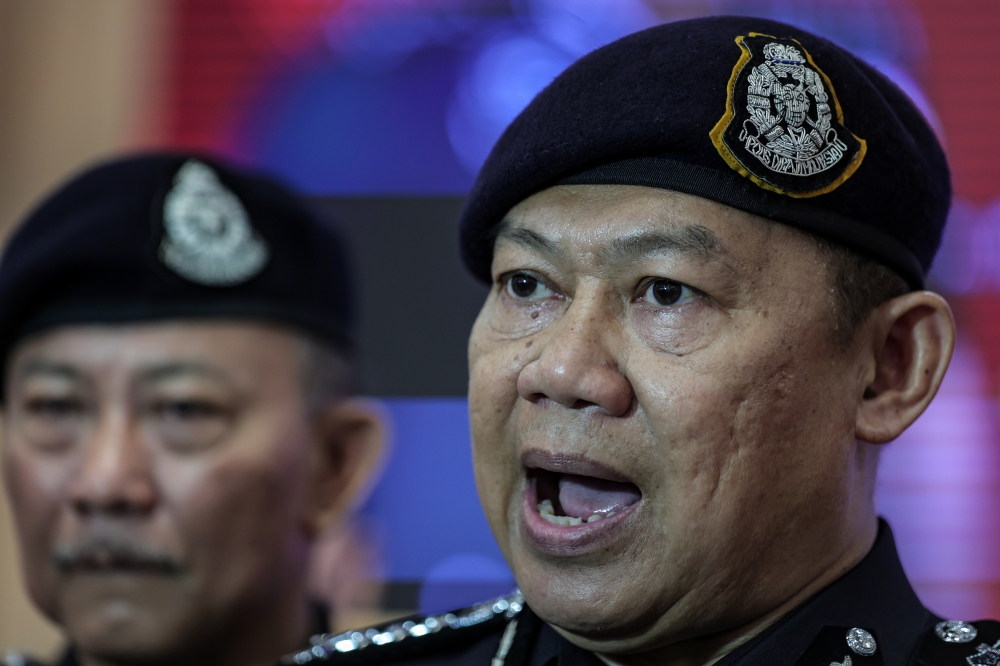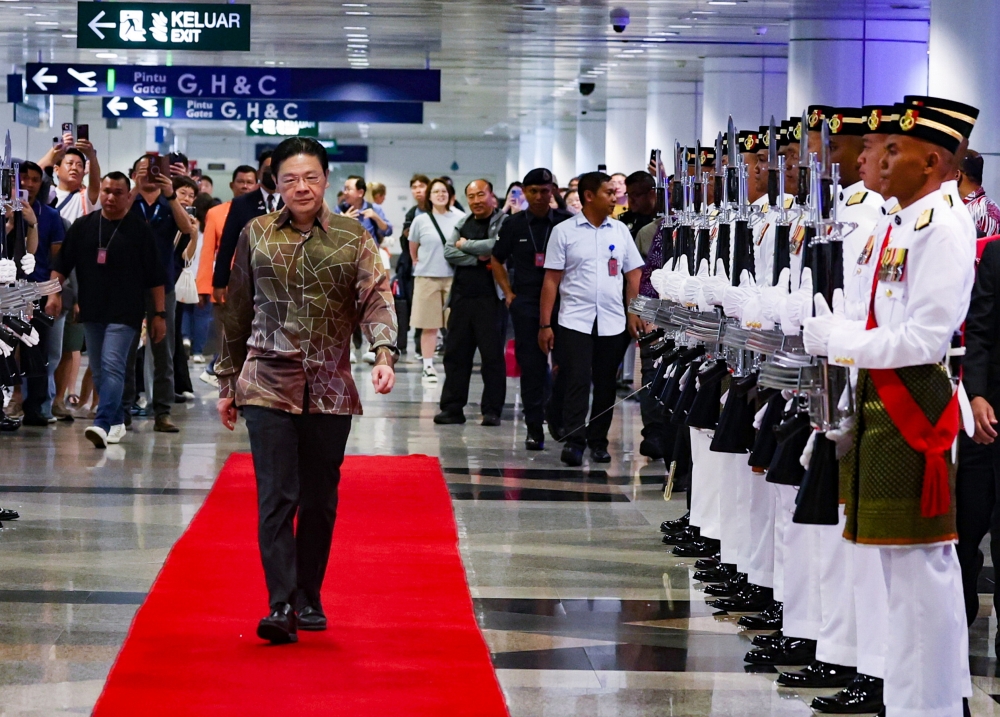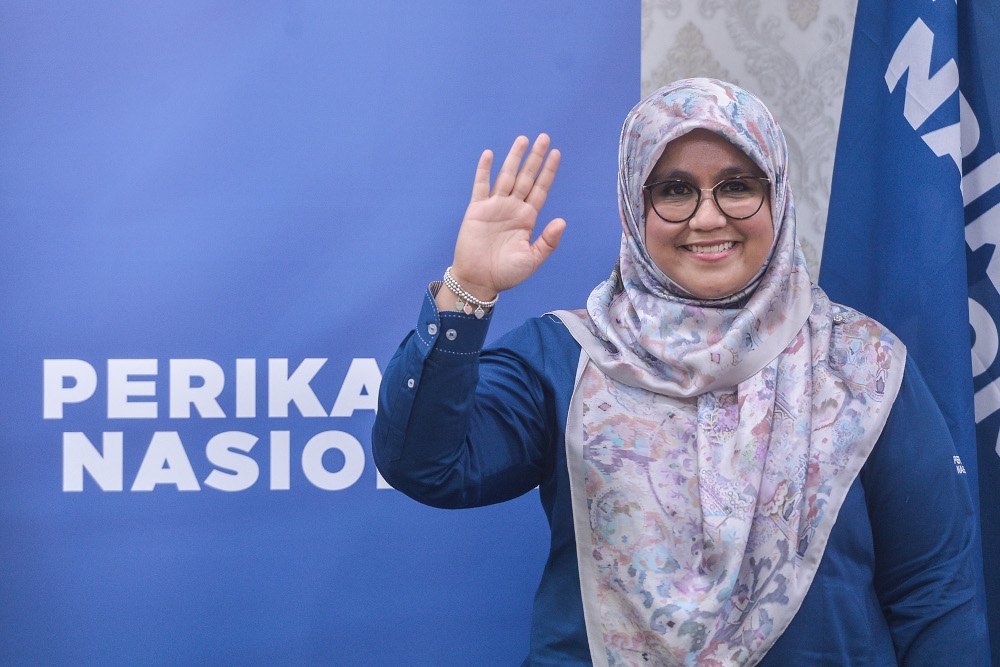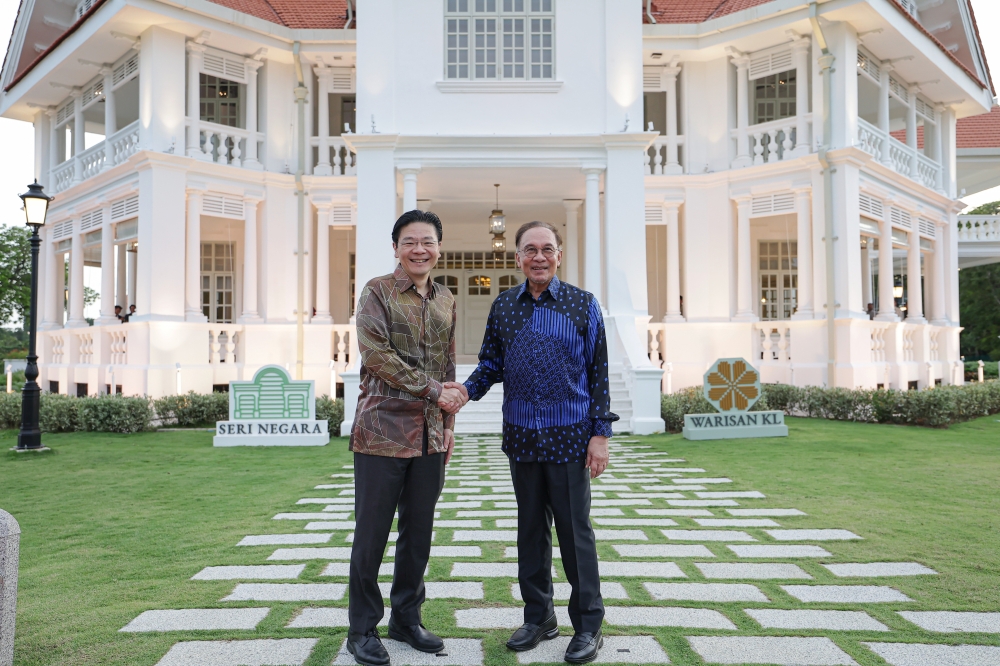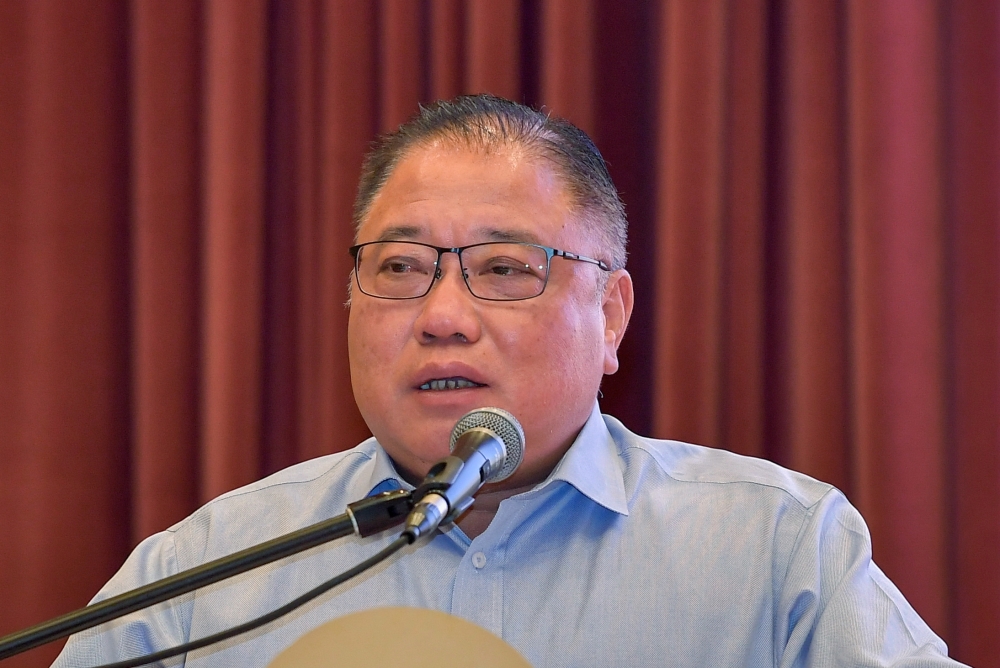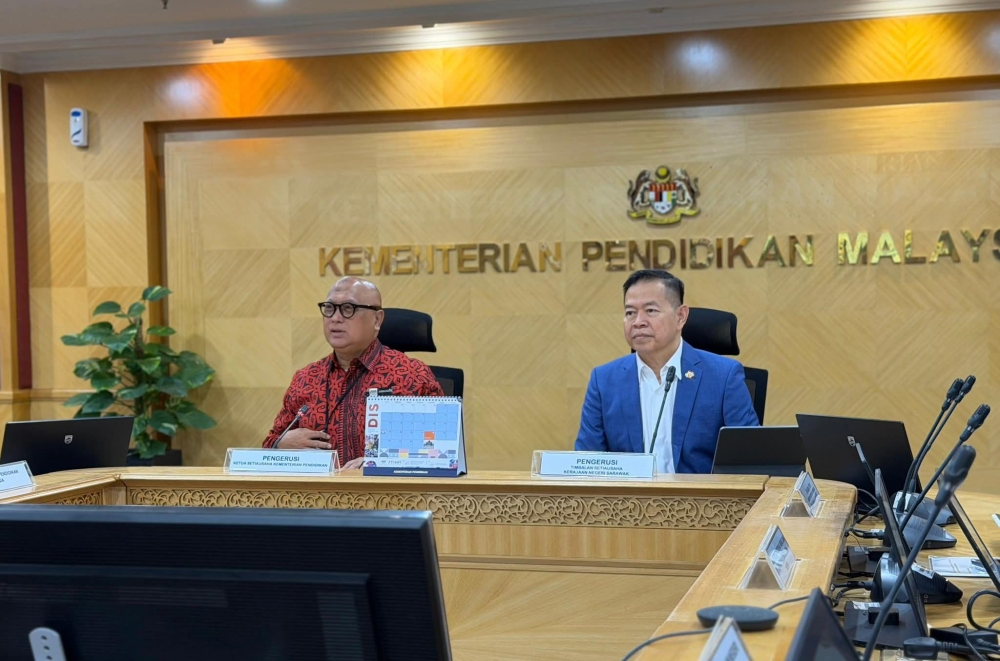KUALA LUMPUR, July 26 — A survey by a think tank has suggested that the Malay and rural communities, as well as low-income earners were “more pessimistic” about Malaysia’s future under the previous Pakatan Harapan (PH) administration.
In its First Quarterly Poll of 2020, Emir Research said this sentiment had apparently set the stage for the formation of the Malay-dominated Perikatan Nasional, which included Bersatu and its former political enemies Umno and PAS.
“This higher sense of dissatisfaction among the Malays and other Bumiputeras provided the setting for politicians in Malay-based parties who sensed the timing was perfect to go for the jugular to hatch a plot for the demise of the Pakatan Harapan government, which became a reality in the aftermath of the political crisis brought about by Dr Mahathir’s resignation,” it said.
“In sum, the data suggest that Malaysians are pessimistic about their living conditions now, but are also quite hopeful of a better future ahead. When the data is cross-tabulated between the rural and urban dwellers, the former are more optimistic and also hopeful about their current and future living conditions.
“The poll also suggests that comparatively, the Malay/Bumiputera ethnic group seems to be the most pessimistic about current and future living conditions, while the Chinese are the most optimistic lot,” it added.
Emir Research is led by Datuk Rais Hussin, the Parti Pribumi Bersatu Malaysia supreme council member, who was recently appointed as Malaysia Digital Economy Corporation (MDEC) chairman after pledging support to party president Tan Sri Muhyddin Yassin.
According to the research, 84 per cent of Malays and other Bumiputeras polled either felt that the country’s future direction was on the wrong track, or were unsure about it.
In comparison, 72 per cent and 68 per cent among ethnic Indians and Chinese polled respectively felt the same.
The sentiment was similar when asked whether the economy was on a strong footing.
The respondents were also pessimist when asked if family’s life was better now compared to two years ago: with 71 per cent of Malay and other Bumiputeras either answered in the negative or were unsure about it, compared to ethnic Indians (62 per cent) and Chinese (57 per cent).
The poll also warned that support for PH may be affected in the future, if these demographics feel that they are treated better under PN.
“The poll showed that there are discernible urban-rural divides in the respondents' agreement of the positively worded individual and families’ living conditions.
“Compared to the urban sample, more of the rural folks agreed that their families' current living conditions and the expectations of the future are better.
“This pessimism among the urban dwellers, which is a strong base of PH, could spell trouble for the coalition which is now in Opposition,” it said
Emir Research said the survey included 2,002 voters across all 222 Parliamentary constituencies, and was aimed at gauging the public’s wellbeing in terms of their perceptions, expectations, and worries.
The survey was conducted between January 15 and February 25, 2020.

